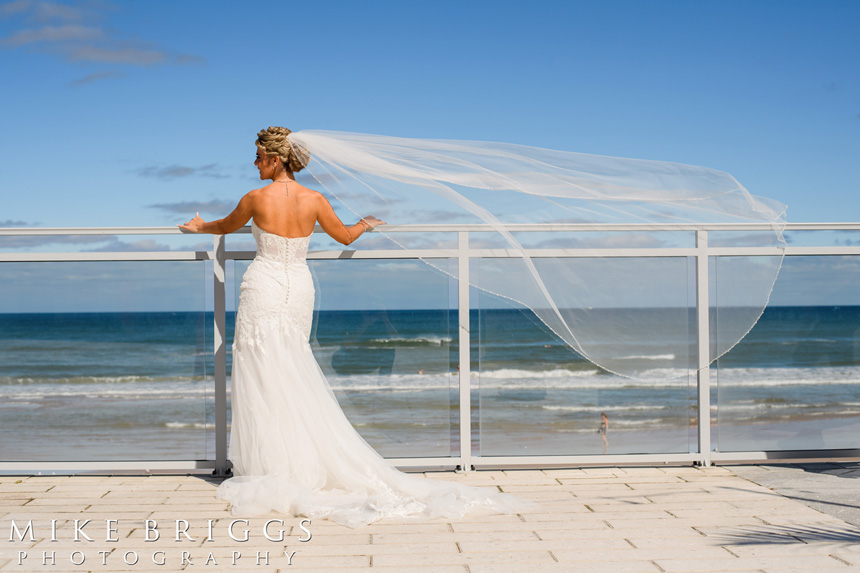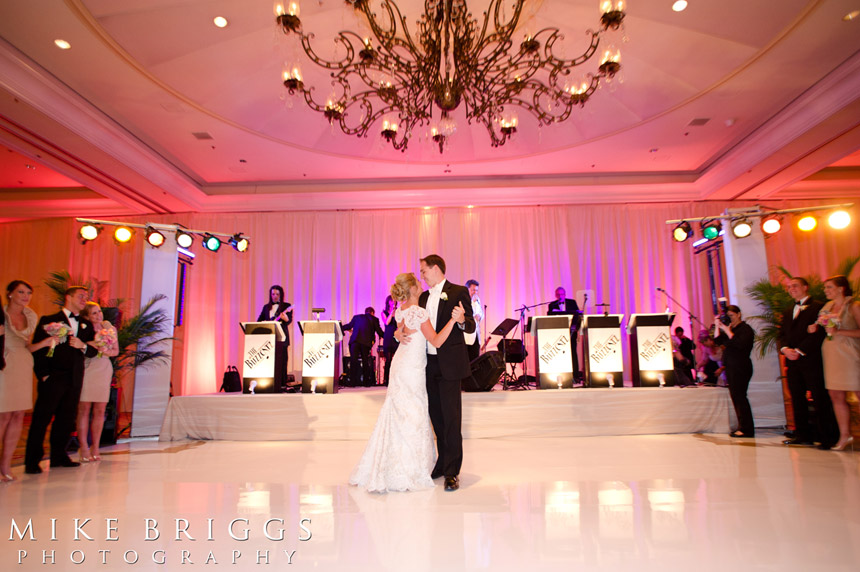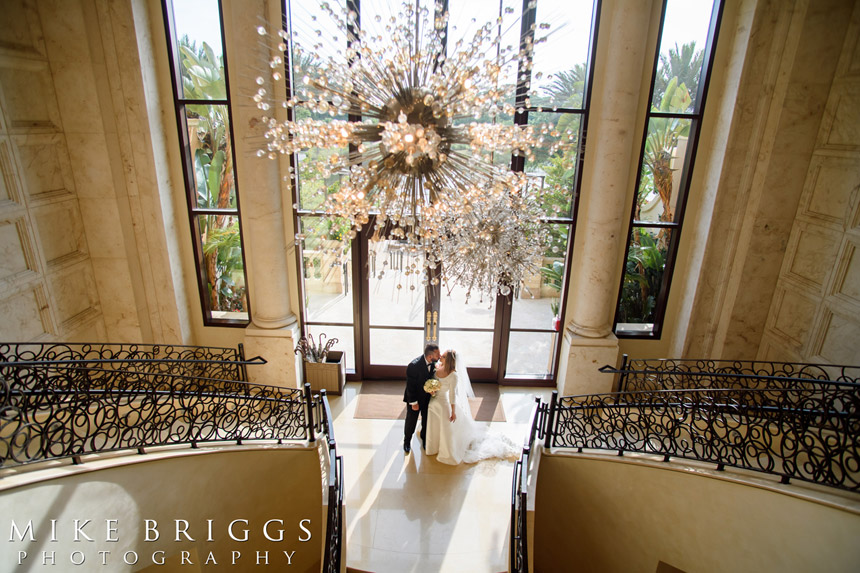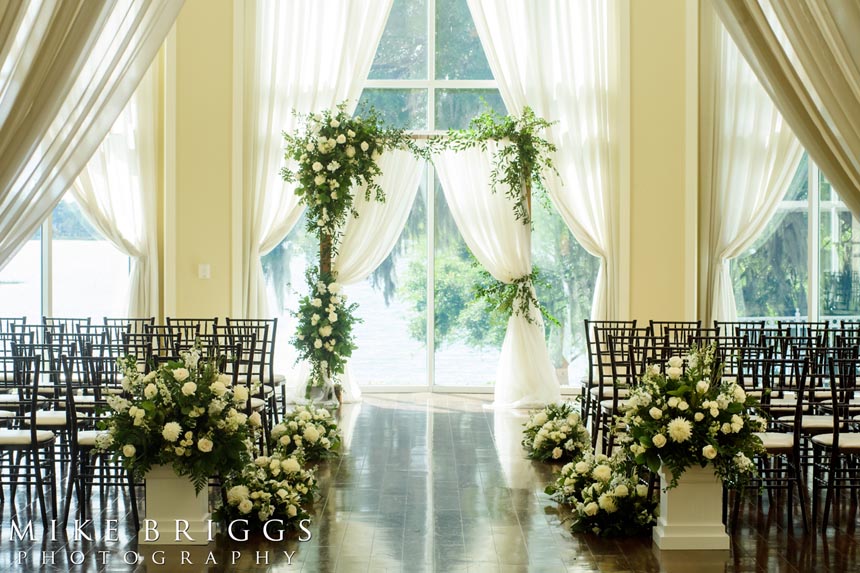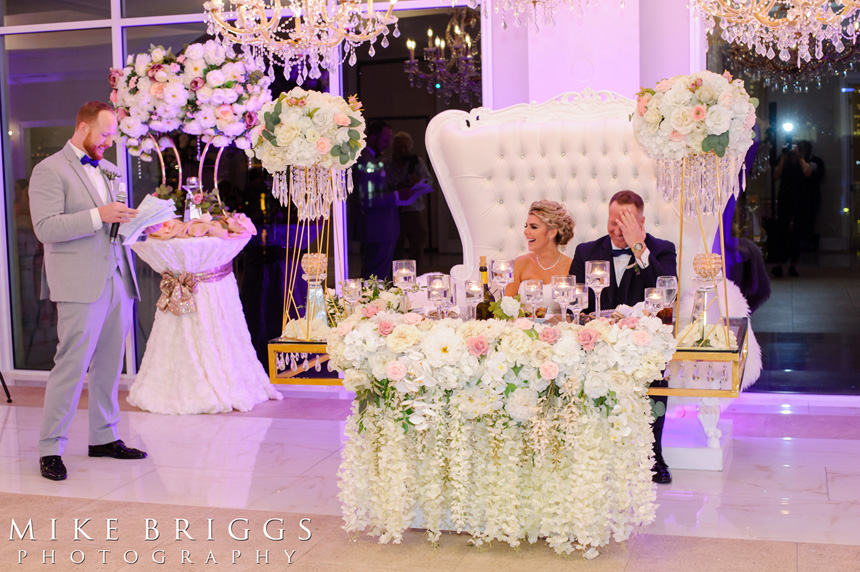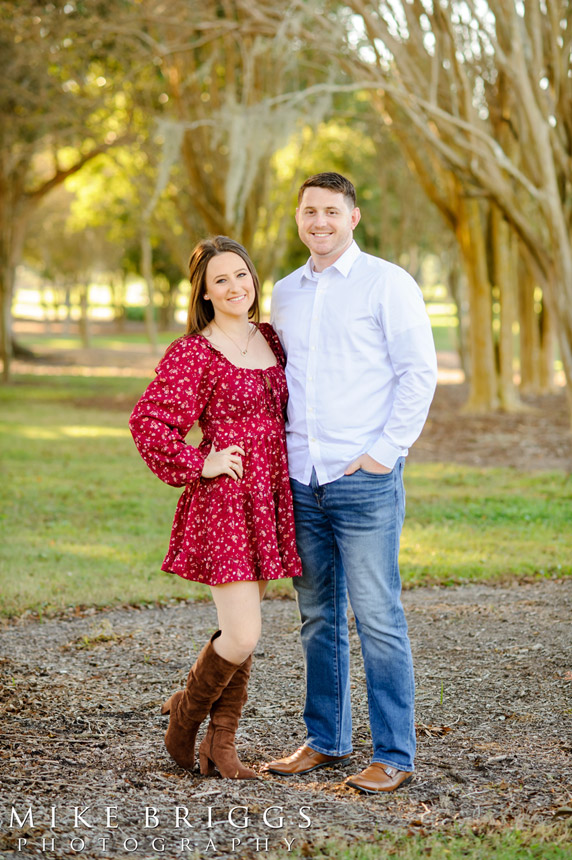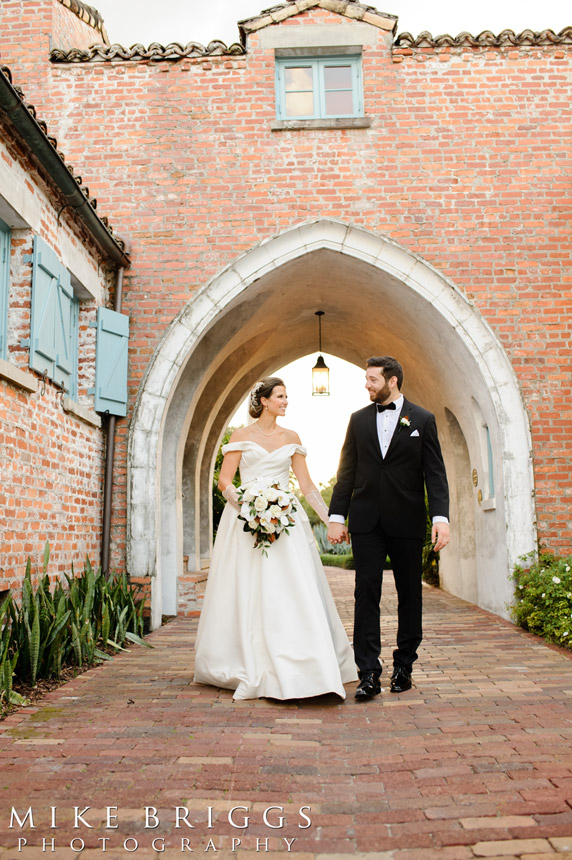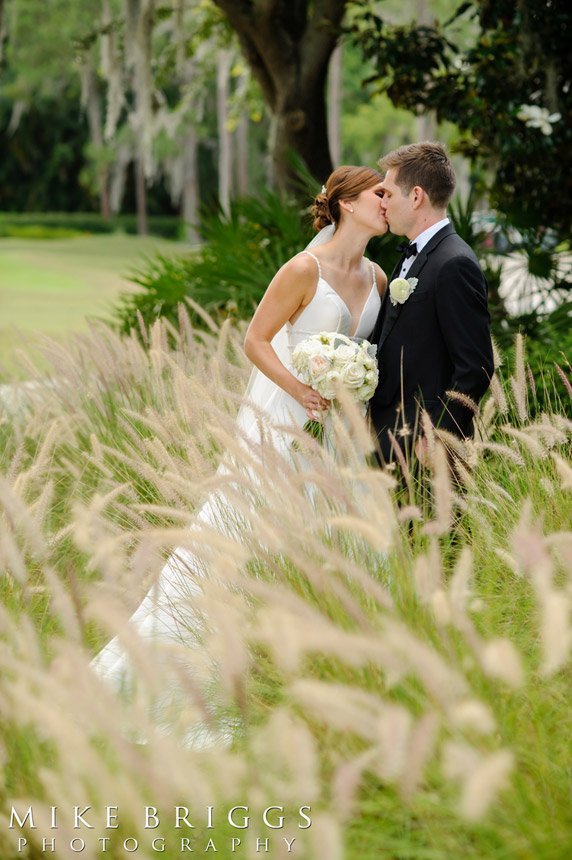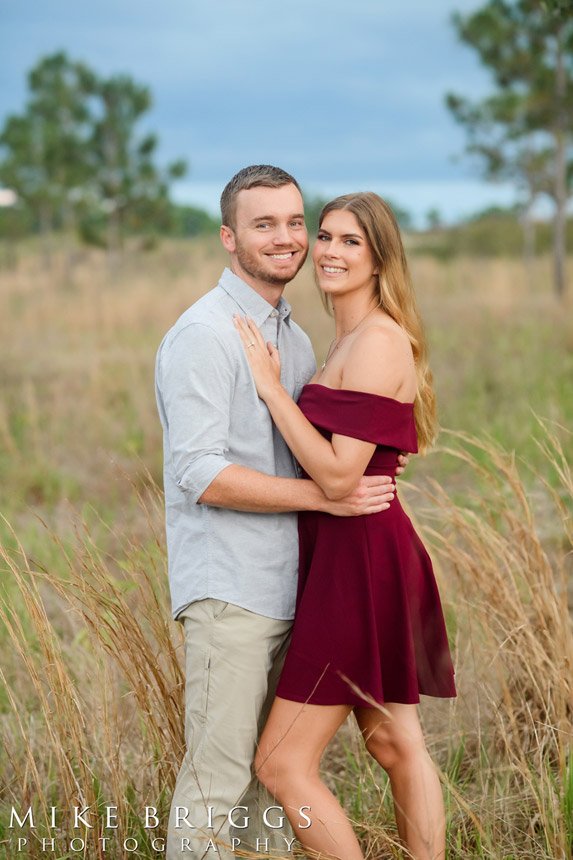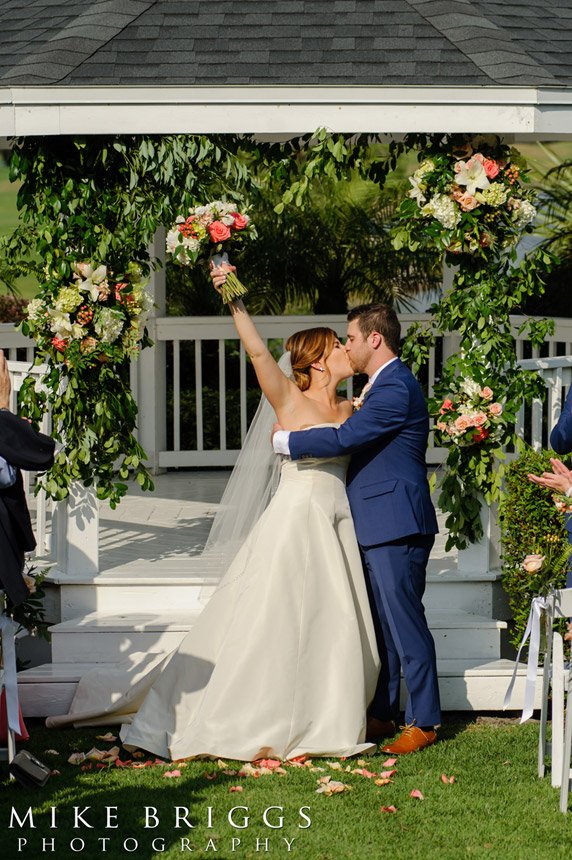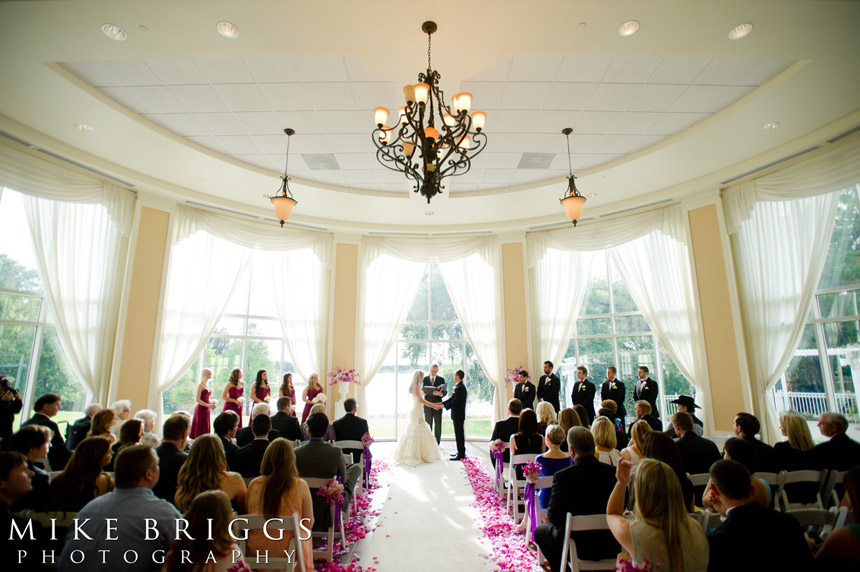
Non-Religious Wedding Ceremony Readings
Your wedding day is one of the most significant moments of your life. Whether you’re having a grand celebration or an intimate gathering, it’s important to create a ceremony that reflects your love story, values, and unique relationship. For many couples, this means opting for a non-religious wedding ceremony. In this guide, we’ll explore how non-religious wedding readings can add a personal and emotional touch to your ceremony, share examples of beautiful readings, and offer advice for crafting a ceremony that resonates with your values.
Non-religious wedding ceremonies offer immense flexibility. From the vows you exchange to the readings chosen, each part of the ceremony can be tailored to reflect the couple’s individual beliefs, personalities, and relationship. Readings are one of the most powerful ways to infuse your ceremony with meaning, whether they’re heartfelt, humorous, or simply beautiful.
Why Choose Non-Religious Wedding Ceremony Readings?
When planning a non-religious wedding, many couples seek to create an inclusive and deeply personal experience. Without the framework of a specific faith or spiritual tradition, you have the opportunity to design a ceremony that speaks to who you are as a couple. Non-religious wedding readings can:
- Reflect the uniqueness of your relationship.
- Offer words of wisdom, love, and inspiration.
- Create an emotional connection with your guests.
- Help shape the tone of your wedding ceremony.
You might choose readings that capture the essence of your relationship, speak to your shared values, or express the depth of your commitment in a way that feels authentic to you.
Where to Include Readings in Your Ceremony
Non-religious readings can be woven throughout your ceremony, in multiple places:
- Right after your processional: A reading can open your ceremony and set the tone for what’s to come.
- Before or after your vows: Readings that touch on love and commitment are often perfect right before the vows.
- During the ring exchange: Some couples like to include a brief reading here that speaks to the significance of the rings.
- Closing the ceremony: A final reading can send you off into your new life together with inspiration and good wishes.
10 Non-Religious Wedding Ceremony Readings
Here is a collection of meaningful non-religious wedding readings that can add a special touch to your ceremony. From famous quotes to excerpts from literature, these readings offer something for every couple.
1. “Union” by Robert Fulghum
In his poetic essay, Fulghum describes love and marriage as a union of two individuals coming together. It’s a popular choice for couples seeking a modern, non-religious reading that highlights the beauty of partnership.
“You have known each other from the first glance of acquaintance to this point of commitment. At some point, you decided to marry. From that moment of yes, to this moment of yes, indeed, you have been making commitments in an informal way.
All of those conversations that were held in a car, or over a meal, or during long walks – all those conversations that began with, “When we’re married”, and continued with
“I will” and “you will” and “we will” – all those late-night talks that included “someday” and “somehow” and “maybe” – and all those promises that are unspoken matters of the heart.
All these common things, and more, are the real process of a wedding.
The symbolic vows that you are about to make are a way of saying to one another, “You know all those things that we’ve promised, and hoped, and dreamed – well, I meant it all, every word.”
Look at one another and remember this moment in time. Before this moment you have been many things to one another – acquaintance, friend, companion, lover, dancing partner, even teacher, for you have learned much from one another these past few years. Shortly you shall say a few words that will take you across a threshold of life, and things between you will never quite be the same.
For after today you shall say to the world –
This is my husband. This is my wife.”
2. Excerpt from “The Velveteen Rabbit” by Margery Williams
This beloved children’s book touches on the idea of love transforming someone into their truest self, a sentiment that resonates well with marriage.
“What is REAL?” asked the Rabbit one day, when they were lying side by side near the nursery fender, before Nana came to tidy the room. “Does it mean having things that buzz inside you and a stick-out handle?”
“Real isn’t how you are made,” said the Skin Horse. “It’s a thing that happens to you. When a child loves you for a long, long time, not just to play with, but REALLY loves you, then you become Real.”
“Does it hurt?” asked the Rabbit.
“Sometimes,” said the Skin Horse, for he was always truthful. “When you are Real you don’t mind being hurt.”
“Does it happen all at once, like being wound up,” he asked, “or bit by bit?”
“It doesn’t happen all at once,” said the Skin Horse. “You become. It takes a long time. That’s why it doesn’t happen often to people who break easily, or have sharp edges, or who have to be carefully kept. Generally, by the time you are Real, most of your hair has been loved off, and your eyes drop out and you get loose in the joints and very shabby. But these things don’t matter at all, because once you are Real you can’t be ugly, except to people who don’t understand.”
3. “Blessing of the Hands” by Anonymous
Though it’s commonly included in religious ceremonies, this version has been adapted for non-religious weddings. It emphasizes the importance of support, care, and love through life’s ups and downs.
These are the hands of your best friend, young and strong and full of love for you, that are holding yours on your wedding day, as you promise to love each other today, tomorrow, and forever.
These are the hands that will work alongside yours, as together you build your future.
These are the hands that will passionately love you and cherish you through the years, and with the slightest touch, will comfort you like no other.
These are the hands that will hold you when fear or grief fills your mind.
These are the hands that will countless times wipe the tears from your eyes; tears of sorrow, and tears of joy.
These are the hands that will tenderly hold your children.
These are the hands that will help you to hold your family as one.
These are the hands that will give you strength when you need it.
And lastly, these are the hands that even when wrinkled and aged, will still be reaching for yours, still giving you the same unspoken tenderness with just a touch.”
4. “I Carry Your Heart with Me” by E.E. Cummings
This classic love poem expresses the depth of love and connection between two people. Its emotional resonance makes it a popular non-religious wedding reading.
5. “Sonnet 17” by Pablo Neruda
A beautiful sonnet about profound love, this piece by Pablo Neruda is passionate and sincere. It’s a wonderful addition to any wedding ceremony.
“I do not love you as if you were salt-rose, or topaz,
or the arrow of the carnations the fire shoots off.
I love you as certain dark things are to be loved,
in secret, between the shadow and the soul.
I love you as the plant that never blooms
but carries in itself the light of hidden flowers;
thanks to your love a certain solid fragrance,
risen from the earth, lives darkly in my body.
I love you without knowing how, or when, or from where.
I love you straightforwardly, without complexities or pride;
so I live you because I know no other way
than this: where I does not exist, nor you,
so close that your hand on my chest is my hand,
so close that your eyes close as I fall asleep.”
6. “Wild Awake” by Hilary T. Smith
An excerpt from this novel can be used to capture the chaotic, beautiful experience of falling in love and growing together, making it perfect for weddings.
“People are like cities:
We all have alleys and gardens and secret rooftops and places where daisies sprout between the sidewalk cracks, but most of the time all we let each other see is is a postcard glimpse of a skyline or a polished square.
Love lets you find those hidden places in another person, even the ones they didn’t know were there, even the ones they wouldn’t have thought to call beautiful themselves.”
7. Excerpt from “Captain Corelli’s Mandolin” by Louis de Bernières
This reading is about love’s ability to evolve over time and endure life’s challenges. It’s an excellent option for couples who have been together for a long time or who value the idea of lasting love.
“Love is a temporary madness, it erupts like volcanoes and then subsides.
And when it subsides you have to make a decision. You have to work out whether your roots have so entwined together that it is inconceivable that you should ever part. Because this is what love is. Love is not breathlessness, it is not excitement, it is not the promulgation of promises of eternal passion.
That is just being “in love”, which any fool can do. Love itself is what is left over when being in love has burned away, and this is both an art and a fortunate accident.
Those that truly love have roots that grow towards each other underground, and when all the pretty blossoms have fallen from their branches, they find that they are one tree and not two.”
8. “Love” by Roy Croft
This poem expresses the ways in which love can inspire and transform both partners. Simple yet moving, it is a popular non-religious wedding reading choice.
I love you, Not only for what you are, But for what I am When I am with you.
I love you, Not only for what You have made of yourself, But for what You are making of me.
I love you For the part of me That you bring out; I love you For putting your hand
Into my heaped-up heart And passing over All the foolish, weak things That you can’t help
Dimly seeing there, And for drawing out Into the light All the beautiful belongings
That no one else had looked Quite far enough to find.
I love you because you Are helping me to make Of the lumber of my life
Not a tavern But a temple;
Out of the works Of my every day Not a reproach But a song.
I love you Because you have done More than any creed
Could have done To make me good,
And more than any fate Could have done To make me happy.
You have done it Without a touch, Without a word, Without a sign.
You have done it By being yourself.
Perhaps that is what Being a friend means, After all.
9. “The Art of Marriage” by Wilferd A. Peterson
This reading offers practical yet poetic advice about love and marriage. It is often chosen for its wisdom and warmth.
“The little things are the big things.
It is never being too old to hold hands.
It is remembering to say “I love you” at least once a day.
It is never going to sleep angry.
It is at no time taking the other for granted;
the courtship should not end with the honeymoon,
it should continue through all the years.
It is having a mutual sense of values and common objectives.
It is standing together facing the world.
It is forming a circle of love that gathers in the whole family.
It is doing the things for each other, not in the attitude of duty or sacrifice,
but in the spirit of joy.
It is speaking words of appreciation and demonstrating gratitude
in thoughtful ways.
It is not expecting the husband to wear a halo or the wife
to have wings of an angel.
It is not looking for perfection in each other.
It is cultivating flexibility, patience, understanding and a sense of humor.
It is having the capacity to forgive and forget.
It is giving each other an atmosphere in which each can grow.
It is finding room for the things of the spirit.
It is a common search for the good and the beautiful.
It is establishing a relationship in which the independence is equal,
dependence is mutual and the obligation is reciprocal.
It is not only marrying the right partner, it is being the right partner.”
10. Excerpt from “Jane Eyre” by Charlotte Brontë
Brontë’s classic novel offers many beautiful musings on love, making it a meaningful and timeless choice for a non-religious wedding reading.
“I have for the first time found what I can truly love
— I have found you.
You are my sympathy — my better self — my good angel —
I am bound to you with a strong attachment.
I think you good, gifted, lovely: a fervent, a solemn passion is conceived in my heart;
it leans to you, draws you to my centre and spring of life,
wraps my existence about you — and, kindling in pure, powerful flame,
fuses you and me in one.
It was because I felt and knew this, that I resolved to marry you.”
How to Choose the Right Reading for Your Wedding
Choosing the right reading for your non-religious wedding ceremony is all about finding something that resonates with both of you. Here are some tips:
- Consider your personalities: Are you romantic, philosophical, humorous, or sentimental? Find a reading that aligns with your shared style.
- Think about your story: Choose a reading that reflects the journey you’ve been on together, whether it’s a poem about deep connection or a quote that symbolizes your future.
- Look for meaningful themes: Love, friendship, loyalty, and unity are themes that work beautifully in a non-religious wedding ceremony.
- Ask a loved one to read: Having a close friend or family member read adds a personal and intimate touch to your ceremony.
What do officiants say at non-religious weddings?
Non-religious wedding officiants often focus on the couple’s personal love story, the meaning of marriage, and the couple’s commitment to one another. They may speak about the values that are important to the couple, such as respect, trust, and partnership. Some officiants incorporate quotes, poetry, or secular readings into their speech to enhance the emotional impact. The content of the officiant’s address is highly customizable and can be tailored to reflect the couple’s beliefs and personalities.
Do non-religious weddings have readings?
Yes, many non-religious weddings include readings. Readings offer a way to personalize the ceremony and express sentiments about love, commitment, and marriage that resonate with the couple. Non-religious readings can come from a variety of sources, including literature, poetry, film, or even personal writings. They provide depth and meaning to the ceremony, allowing the couple to communicate what marriage and love mean to them.
How to have a wedding ceremony without religion?
To have a wedding ceremony without religion, focus on creating a ceremony that reflects your personal beliefs and values rather than religious traditions. Work with an officiant who specializes in non-religious ceremonies and decide on the elements that matter most to you, such as personal vows, readings, music, or symbolic rituals like handfasting or unity candles. The goal is to create a ceremony that feels authentic to who you are as a couple and celebrates your love without invoking religious language or practices.
What is the script for a non-religious wedding blessing?
A non-religious wedding blessing typically focuses on offering good wishes and positive intentions for the couple’s future. While it may not invoke a deity or religious symbols, it can still express hope for love, happiness, health, and unity. Here’s an example of a non-religious wedding blessing script:
“May your love for each other continue to grow deeper with each passing day. May your lives be filled with laughter, kindness, and understanding. As you walk through life together, may you always support and uplift one another, and may your hearts always be filled with joy and gratitude for the love you share.”
What is a non-religious officiant called?
A non-religious officiant is often referred to as a celebrant or secular officiant. Celebrants are trained to conduct personalized, non-religious ceremonies that reflect the couple’s values and preferences. Many couples also opt to have a close friend or family member become ordained online to officiate their wedding in a way that feels personal.
How long should a non-religious wedding ceremony take?
A non-religious wedding ceremony typically takes about 20 to 30 minutes, though it can be shorter or longer depending on the elements you choose to include. The ceremony length can vary based on the number of readings, the length of the vows, and any additional rituals or personal touches you decide to incorporate. Non-religious weddings tend to be a bit more flexible in structure, allowing you to design a ceremony that feels right for you and your partner.

